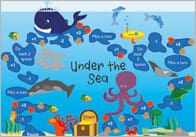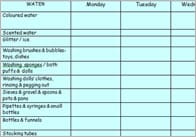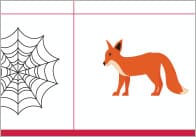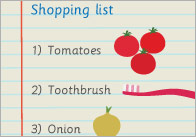Ofsted evaluation schedule for new EYFS published
I thought I’d draw everyone’s attention to the guidance for early years inspectors published by Ofsted recently. It’s an essential read for early years providers and practitioners particularly as under the new inspection framework managers and owners will be required to conduct joint observations with the inspectors.
The good news is that the guidance has been shortened to just 16 pages so it shouldn’t take too long to get to grips with. It gives an important insight into what inspectors will be looking for when conducting inspections under the new framework. It will be the inspectors duty to assess the overall quality and standards of teh earlyyears provision. In doing so they will make 3 key judgements:
1) How well does the setting meet the needs of the range of children who attend?
2) How successfully does the setting contribute to children’s wellbeing?
3) What is the quality of the leadership and management of the provision?
The document also outlines:
1) The judgements that inspectors will inspect and report on.
2) The aspects of the registered early years provisions that inspectors will evaluate.
3) The guidance about the evidence that inspectors may gather.
You can view the guidance on Ofsted’s website.
Comments
Leave a Reply
Popular Teaching Resources
Stay Up To Date
Sign up for our newsletter and we’ll let you know when we create new early years resources.






It is a good thing that providers are regulated but Principles for EYFS (and before that ‘Birth to Three’) are too long winded. For too long now they have detracted from good Early Years workers ability to ‘play’ and ‘nurture’freely and without the worry of constant recording of what they do and how they follow something.Many excellent childminders have given up due to needing to document their good practice every day. The Dutch expert ‘Ferrelevais'(could have the spelling wrong) has it just right with the compliance to 2 aspects- ensuring an inquisitive mind and a child’s health and welfare’. There is a simple scale by which to see progress for each, it is not cumbersome and does not lead to masses of unread paperwork or children being ‘tested’ at a ridiculous age.
I could’nt agree more, most paperwork not read by parents, they just want to know that their child is happy and thriving.